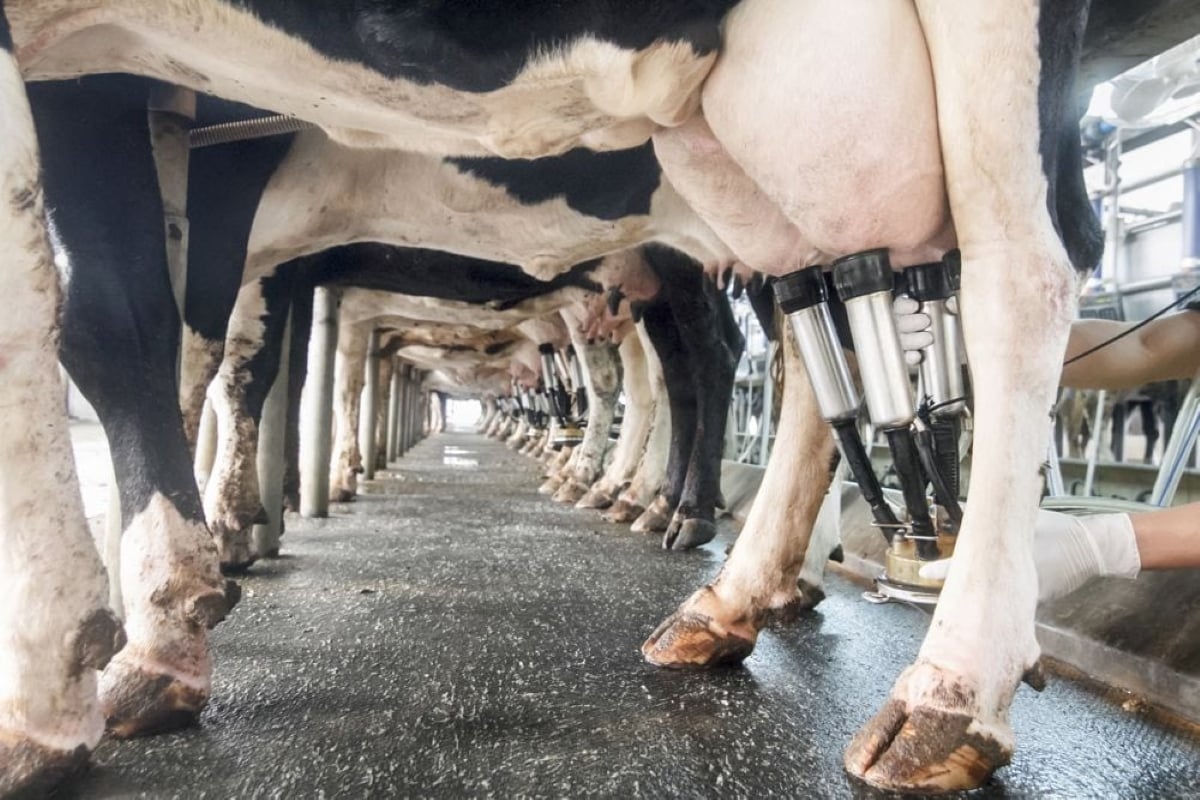The Ontario government wants to reduce the use of neonicotinoid seed treatments by 80 percent.
In a release issued this morning, Ontario’s ministry of agriculture and the ministry of the environment said the reduction is necessary to protect bees and other pollinators.
“Improving pollinator health is not a luxury but a necessity. Pollinators play a key role in our ecosystem and without them, much of the food we eat would not be here,” said Ontario environment minister Glen Murray.
“Taking strong action now to reduce the use of neurotoxic pesticides and protecting pollinator health is a positive step for our environment and our economy.”
Read Also

Farm gate milk price to rise in 2026
The Canadian Dairy Commission will raise its farm gate milk price by 2.3255 per cent in February, the Crown corporation announced on Friday.
The Ontario government has three goals when it comes to neonicotinoids and pollinator health:
• An 80 percent reduction in the number of corn and soybean acres planted with neonic treated seed by 2017.
• Reduce honeybee over-winter losses to 15 percent by 2020.
• Establish a pollinator health action plan.
The Ontario Beekeepers’ Association, which had led the lobbying efforts against neonics, supports the government’s plan.
“Today the government has shown bold leadership, unique in North America, in moving decisively and measurably to significantly limit the use of these toxic chemicals,” said Tibor Szabo, OBA president. “The OBA appreciates the government’s recognition that the prophylactic use of neonicotinoid-coated seed on Ontario’s corn and soy crops is unwarranted and unacceptable.”
As part of its neonic reduction plan, the Ontario government has produced a discussion paper on the topic. The ag industry and other stakeholders have 60 days to comment on the paper.
The government hopes to have the new neonic rules in place by July 1, 2015, which will take effect in the 2016 growing season.
The discussion paper can be found at news.ontario.ca/ene/en/2014/11/reducing-pesticide-use-and-protecting-pollinator-health.html?utm_source=ondemand&utm_medium=email&utm_campaign=o.














